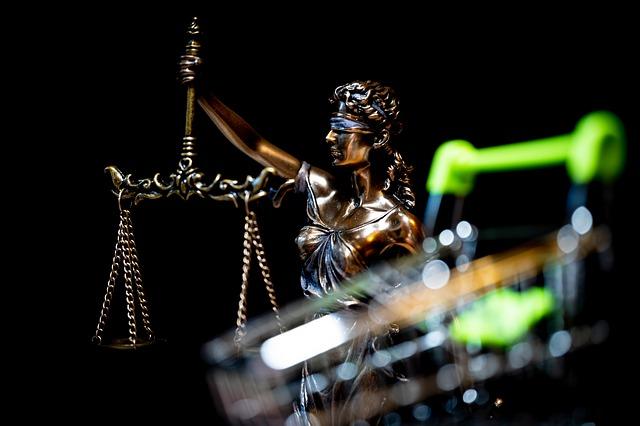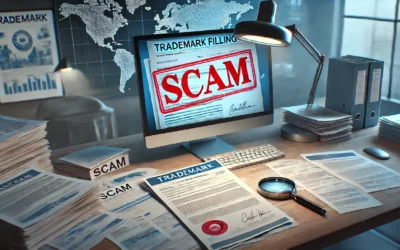Making a trademark application is not difficult. Simply fill in all the required data, submit and pay the government fee. Making a trademark application does not mean that your brand is or will be properly protected. It’s like building a house. You might be able to do it, but you won’t know how well it is built until the first storm comes. To have a trademark registration says very little.
Whether that trademark gives any useful or valuable protection depends on the substance of the application. That’s where a trademark attorney can provide a lot of value. Making sure that the trademark actually protects the brand.
In addition to the obvious quality issue, using a trademark attorney also statistically improves the chances of getting the trademark registered.
Here are some reasons why you should use a trademark attorney:
1. Save money
Using an attorney costs money, of course. However, the cost of a trademark attorney is not very high, and often the government fees can be higher than the attorney fees. There are two principal ways in which using a trademark attorney saves money. Firstly, the chances of getting registration is much higher if you use a trademark attorney. Conversely, if you file your trademark application and it is rejected, you will lose the government fee (starts at 850 EUR for EU trademarks). That’s money down the drain. A trademark attorney could either help overcome the obstacles so that the registration is granted, or they could advise against the filing of the trademark at all. It is common for us to tell our clients not to file a particular trademark because it has no chance of being accepted.
The second reason is that DIY applications are often not good enough substance-wise so that they could be used as a basis for international registration. Often when we get a client who wants to expand his national registration to other countries, we cannot do it because the national registration suffers from quality issues. When that happens, we have to start the project by filing a new national or EU trademark that can be used as a basis for international registration. That extra (unnecessary) filing costs money that could’ve been avoided.
2. Ensure quality
Managing to fill the required fields in the trademark application form does not necessarily mean that the application protects what it’s supposed to protect. What matters is the substance of the application.
Here are some of the things you must evaluate and decide before filing the application:
– the distinctiveness of your trademark
– whether to protect your trademark in word or figurative form, or both
– the list of goods and services
To get the best possible protection for your trademark, you must get everything just right. In our experience, companies often make serious mistakes with all of the above-mentioned aspects, leaving their brands completely unprotected or the application refused.
This is important, so we’ll say it again. The fact that you have managed to fill in all the details in the application form and the application has been accepted does not necessarily mean that your trademark is properly protected. It’s the substance that counts. Any flaws in the protection will come evident in due diligence investigations or if somebody infringes your trademark and you want to take action against the infringer. That’s when the quality of your trademark rights are assessed.
3. Handle the paperwork and monitor deadlines
If you use an attorney, you don’t have to worry about handling the paperwork or monitoring deadlines. This is bread and butter for trademark attorneys, and they have suitable software for all of it. They can handle filing much faster and more efficiently than you. Using an attorney will free up a lot of your time. This is especially important if you are dealing with many trademarks in many different countries. Managing all the communications and deadlines can be surprisingly laborious.
4. Help you with office actions
This is another issue we often see. DIY applicants often abandon the application if they are faced with an office action (preliminary refusal by the trademark office). If the trademark office says the trademark cannot be registered, applicants often leave the process there. In our experience, there is almost always something that can be done to greatly improve the chances of registration, and it is common that in the end the trademark is registered after a preliminary refusal. An experienced trademark attorney can usually tell very quickly what the chances of getting the registration despite a preliminary refusal are.
5. Have access to established networks around the world
We deal with Chinese, South-Korean, Japanese, American and other lawyers on a daily basis. We have cultivated these relationships for over a decade. If you handle your own trademarks, can you be confident that the Chinese or American lawyer you find on the internet is up to the task, reliable and cost-effective? Experienced lawyers have these kinds of connections in all important countries. Building these relationships have taken a lot of resources and time.
Conclusion
The cost of using a trademark attorney is relatively low. In most cases, the cost is minuscule compared to the value you get.



